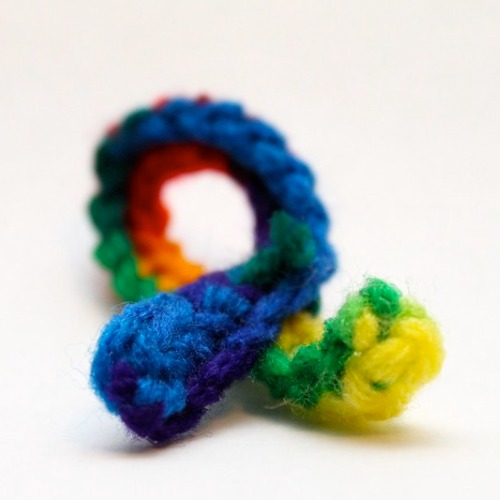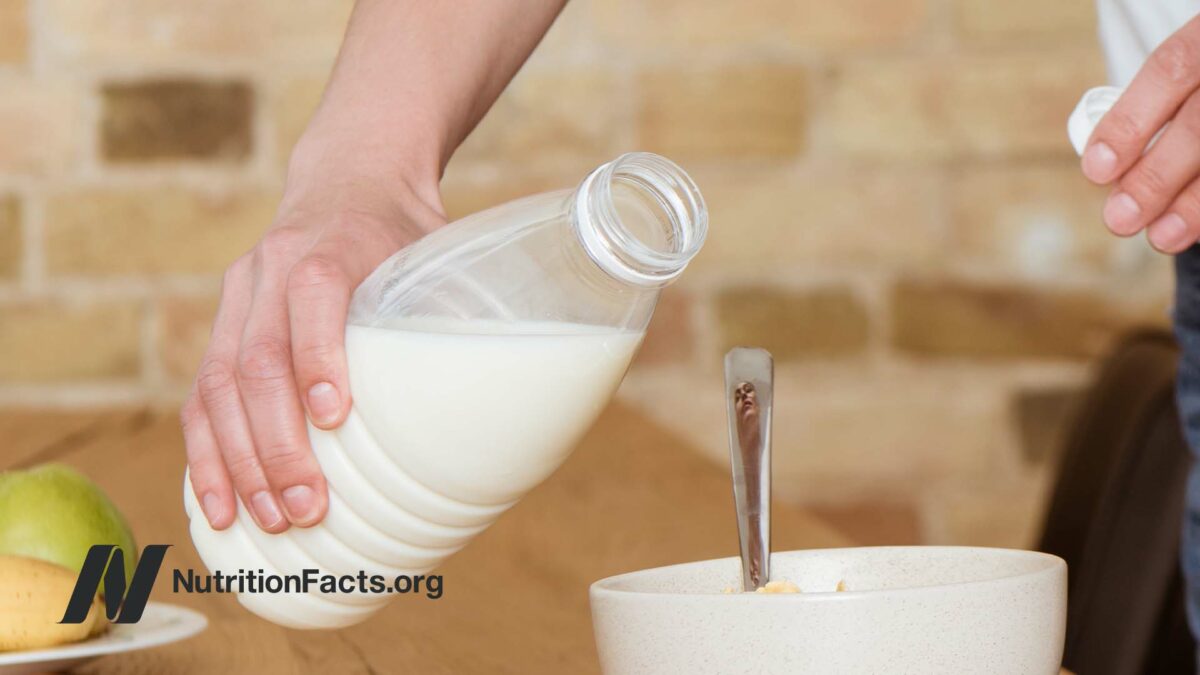
Autism
Autism, or autism spectrum disorder (ASD), is a multi-factorial syndrome resulting from both genetic and non-genetic risk factors and characterized by challenges with repetitive behaviors, speech, social skills, and nonverbal communication.
Many families with a child suffering from autism pursue dietary and nutritional approaches as components of treatment. Pharmacological interventions are mainly aimed at reducing symptoms—to calm them or help them sleep, for example—but have no effect on ASD’s core symptoms, like social withdrawal. Only two drugs have been approved, and both merely target an associated symptom, irritability, rather than the disorder’s core deficits. Both drugs also have significant side effects, including weight gain and sedation, so it’s no surprise parents seek alternative therapies.
Unfortunately, upon testing, many have been found to be ineffective, like secretin. However, there are some dietary interventions that appear to successfully help treat autism, such as sulforaphane, which is formed almost exclusively in cruciferous vegetables.
Not only can crucifers, like broccoli, potentially prevent DNA damage and metastatic cancer spread, activate defenses against pathogens and pollutants, help to prevent lymphoma, boost your liver detox enzymes and target breast cancer stem cells, and reduce the risk of prostate cancer progression, but they may also help protect your brain and your eyesight, reduce nasal allergy inflammation, manage type 2 diabetes, and successfully help treat autism. The component responsible for these benefits is thought to be sulforaphane, which is why cruciferous vegetables get their own spot on the Daily Dozen.
A placebo-controlled, double-blind, randomized trial of boys with autism found that about two to three cruciferous vegetable servings’ worth of sulforaphane a day improves social interaction, abnormal behavior, and verbal communication within a matter of weeks, thought perhaps due to sulforaphane’s role as a detoxicant.
For substantiation of any statements of fact from the peer-reviewed medical literature, please see the associated videos below.
Image Credit: Matt Beckwith. This image has been modified.
Popular Videos for Autism

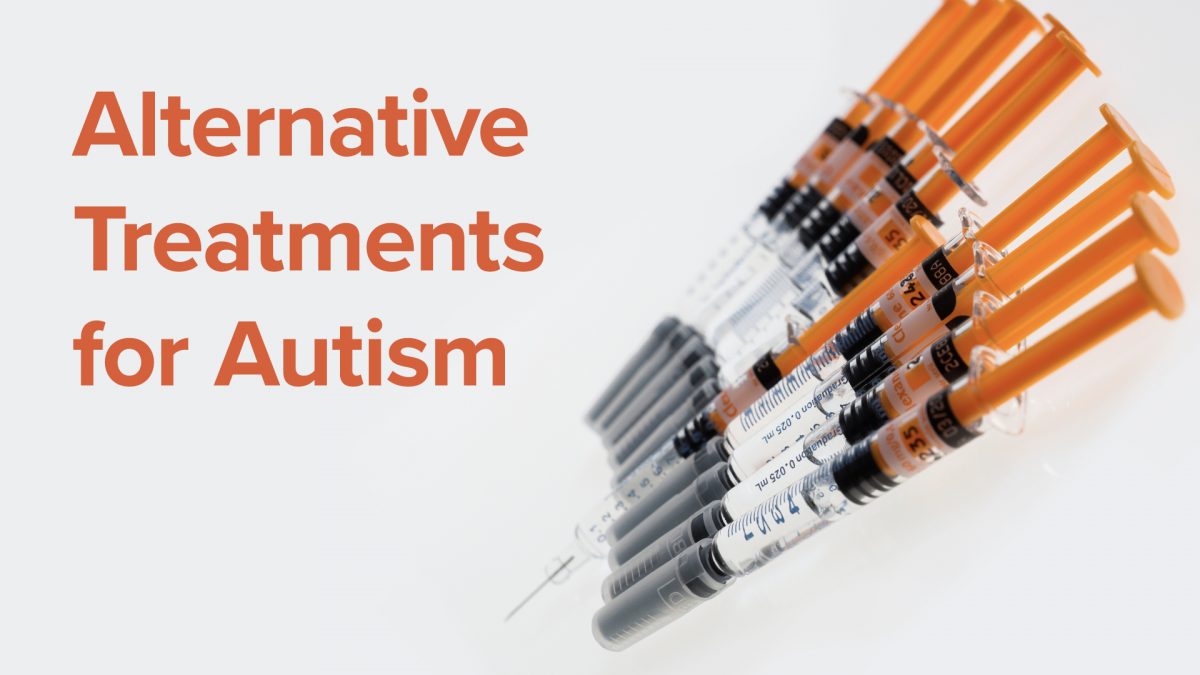
Alternative Treatments for Autism
The secretin story holds an important lesson that extends far beyond autism.
Are Autism Diet Benefits Just a Placebo Effect?
The original randomized, controlled trials of gluten- and casein-free diets may have been complicated by...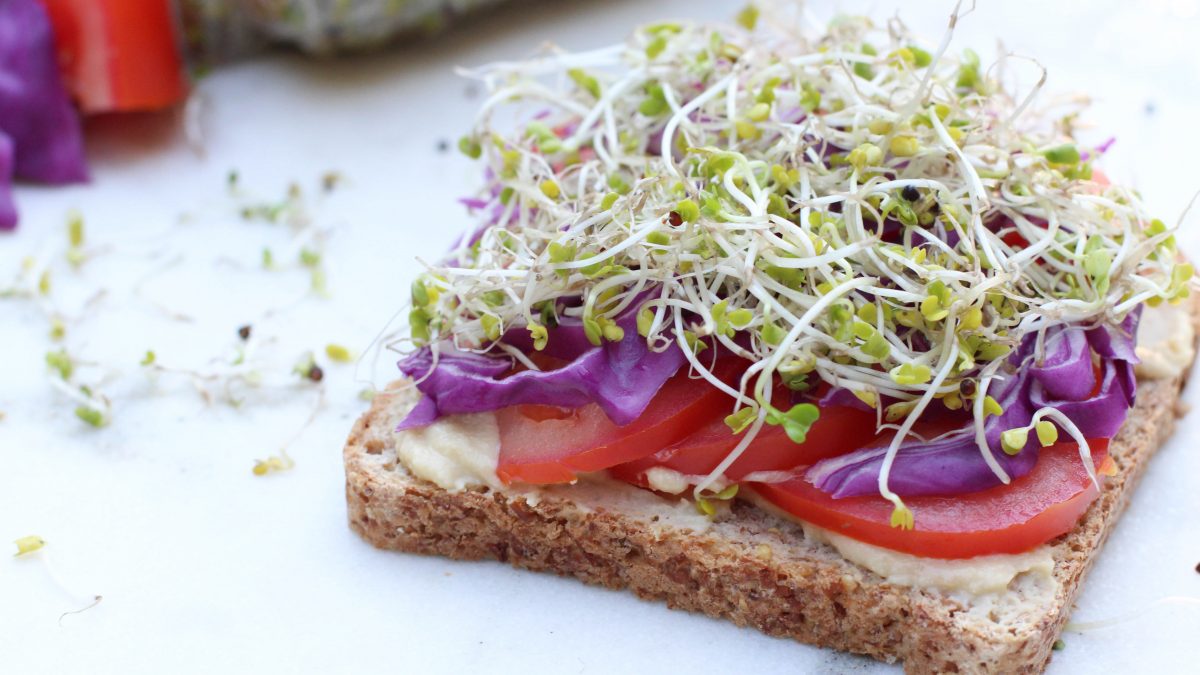
Best Foods for Autism
The sulforaphane found in five cents’ worth of broccoli sprouts has been shown to benefit...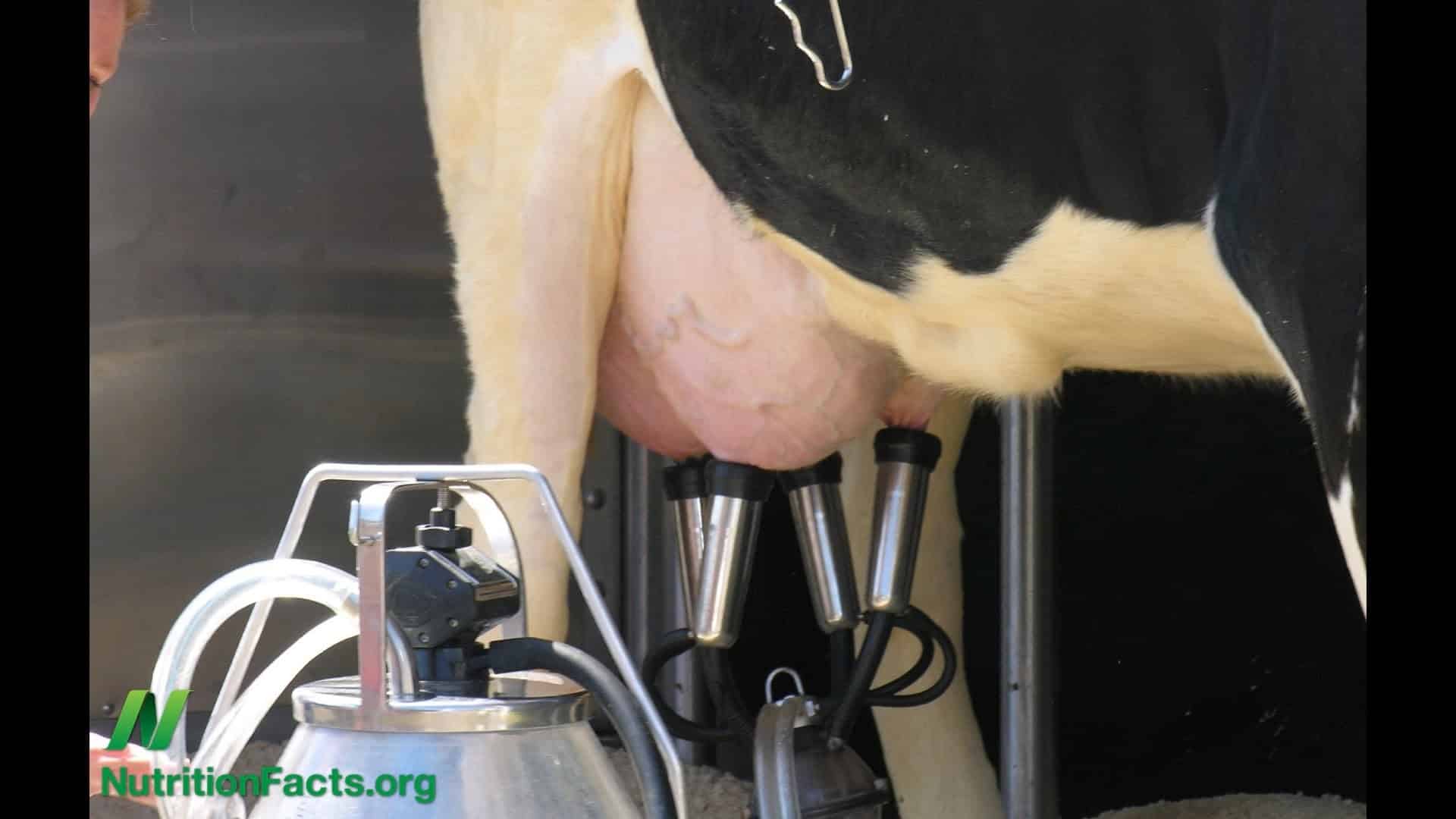
Cow’s Milk Casomorphin and Autism
Opiate-like casomorphins liberated from the cow’s milk protein, casein, are accused of participating in the...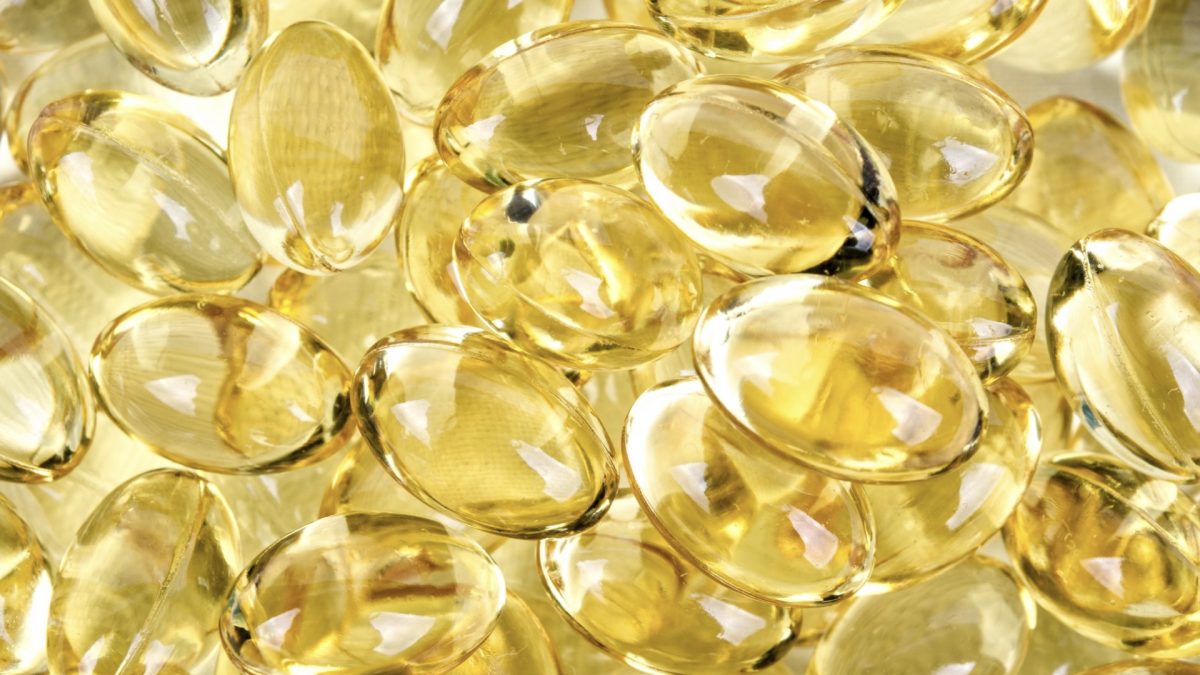
Dietary Supplements for Autism
Vitamin C, vitamin D, and omega-3 fish oil supplements put to the test to improve...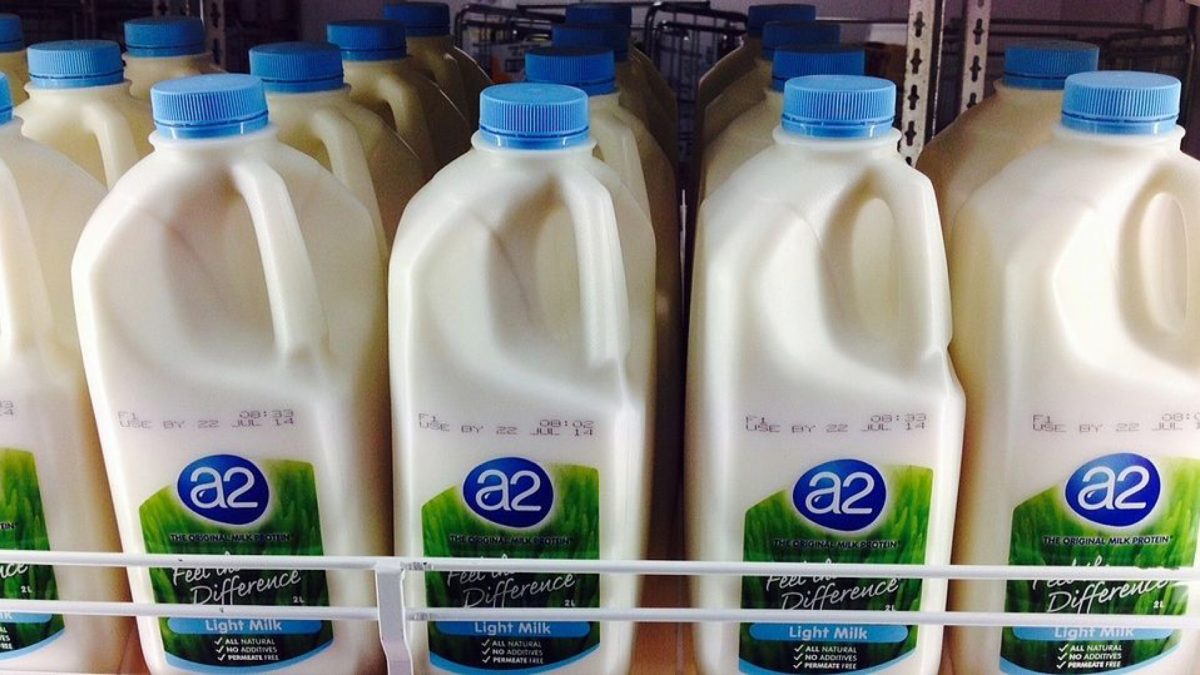
Does A2 Milk Carry Less Autism Risk?
The casomorphins—breakdown products of casein, a milk protein, with opiate-like activity—in bovine milk appear to...
Double-Blind Clinical Trial of Diet for Autism
What happens when autistic children on gluten- and casein-free diets are covertly challenged with wheat...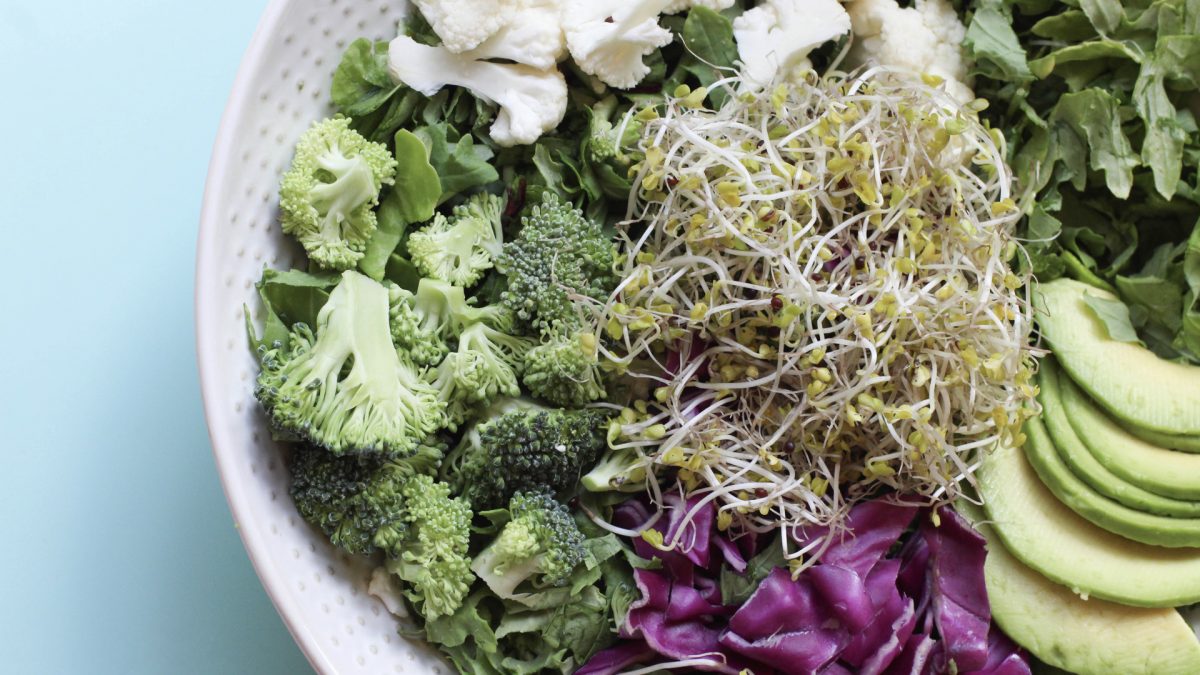
Fever Benefits for Autism in a Food
Dramatic improvements in autistic children when they have a fever suggest that the disease may...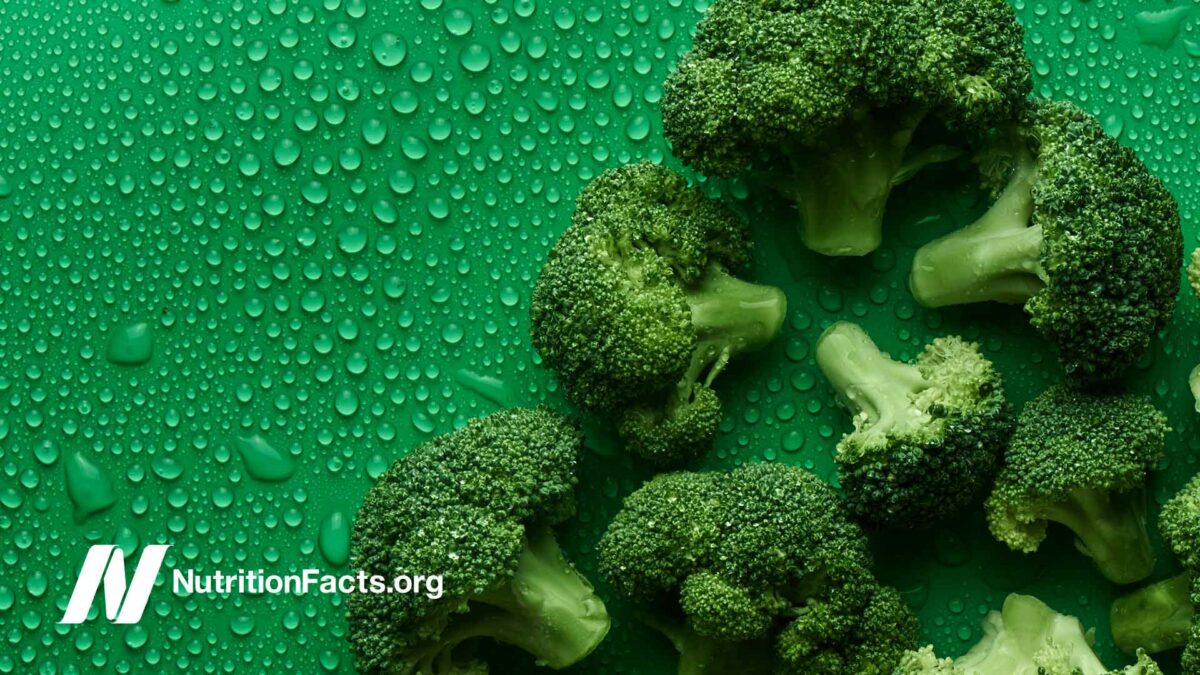
Fighting Autism Brain Inflammation with Food
One food may be able to combat all four purported causal factors of autism: synaptic...
Gluten-Free, Casein-Free Diets for Autism Put to the Test
What were the results of the first randomized controlled study of a dietary intervention for...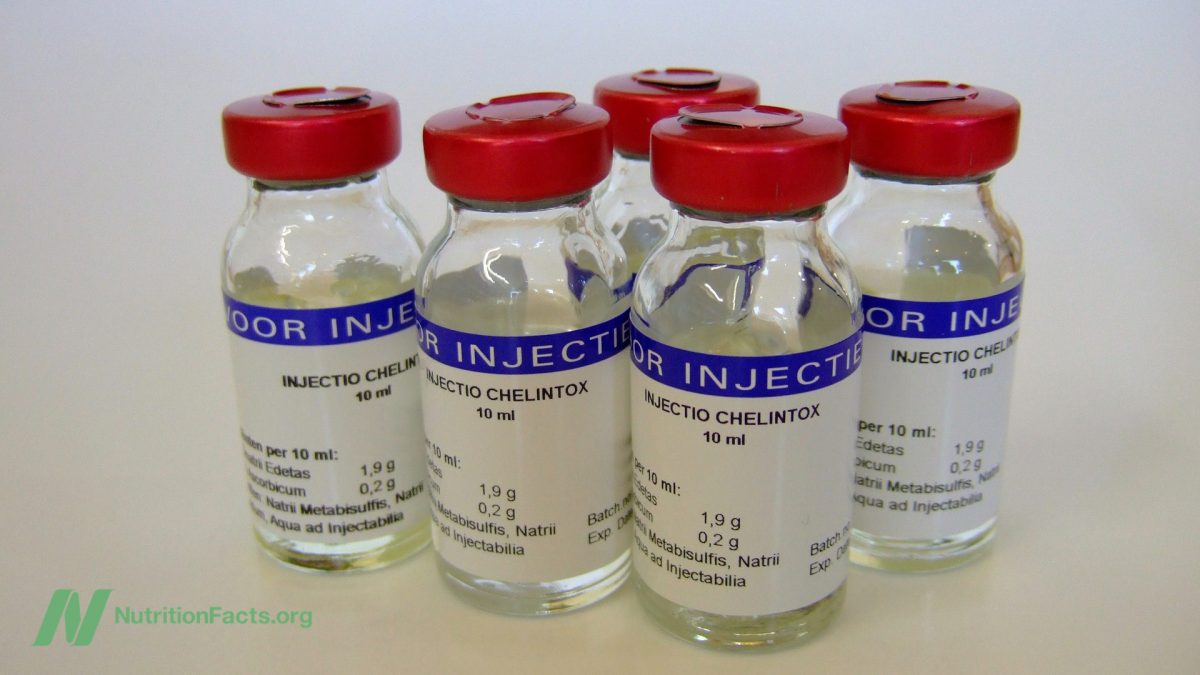
Heavy Metal Urine Testing and Chelation for Autism
Is testing for body burden of heavy metals like mercury with “urine mobilization tests,” “challenge...
Is Autism Really on the Rise?
Before speculating about the reason for the “explosive” increase in autism, one has to make...
Pros and Cons of Gluten-Free, Casein-Free Diets for Autism
What did the most comprehensive double-blind study of diet for autism find, and what are...
The Role of Pesticides and Pollution in Autism
What are the effects of smoking, pesticides, vaccine mercury, and air pollution on autistic spectrum...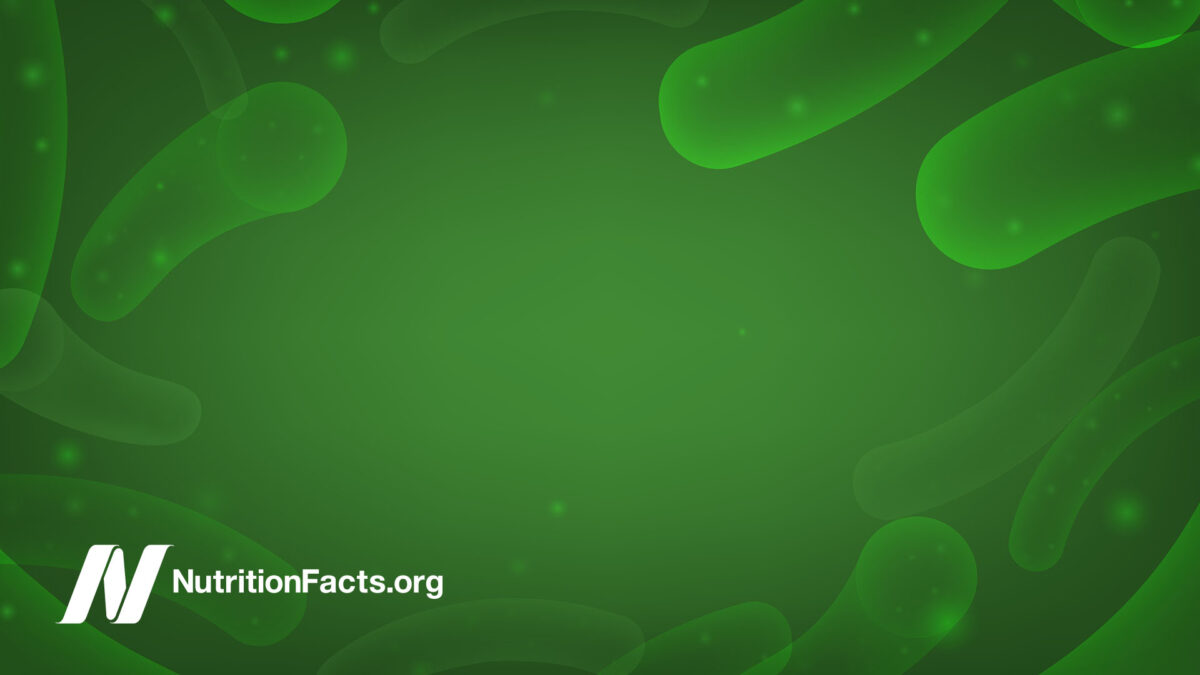
The Role of the Gut Microbiome in Autism
What role do antibiotics play in the development and treatment of autism spectrum disorder?All Videos for Autism
-

Don’t Eat Raw Alfalfa Sprouts
Broccoli sprouts don’t have the food safety risks of alfalfa sprouts.
-

Dietary Supplements for Autism
Vitamin C, vitamin D, and omega-3 fish oil supplements put to the test to improve the core symptoms of autism spectrum disorder.
-

Alternative Treatments for Autism
The secretin story holds an important lesson that extends far beyond autism.
-

The Role of the Gut Microbiome in Autism
What role do antibiotics play in the development and treatment of autism spectrum disorder?
-

Heavy Metal Urine Testing and Chelation for Autism
Is testing for body burden of heavy metals like mercury with “urine mobilization tests,” “challenge tests,” and “provoked urine tests” just a scam?
-

The Role of Pesticides and Pollution in Autism
What are the effects of smoking, pesticides, vaccine mercury, and air pollution on autistic spectrum disorder risk?
-

Is Autism Really on the Rise?
Before speculating about the reason for the “explosive” increase in autism, one has to make sure the explosion is real.
-

Pros and Cons of Gluten-Free, Casein-Free Diets for Autism
What did the most comprehensive double-blind study of diet for autism find, and what are the potential downsides?
-

Double-Blind Clinical Trial of Diet for Autism
What happens when autistic children on gluten- and casein-free diets are covertly challenged with wheat and dairy?
-

Are Autism Diet Benefits Just a Placebo Effect?
The original randomized, controlled trials of gluten- and casein-free diets may have been complicated by parental expectation bias.
-

Gluten-Free, Casein-Free Diets for Autism Put to the Test
What were the results of the first randomized controlled study of a dietary intervention for Autism Spectrum Disorder (ASD)?
-

Does A2 Milk Carry Less Autism Risk?
The casomorphins—breakdown products of casein, a milk protein, with opiate-like activity—in bovine milk appear to have opposite effects than those from human breast milk on infant development, but what about A2 cow’s milk?
-

Autism and Casein from Cow’s Milk
Casomorphins—breakdown products of casein, a milk protein, with opiate-like activity—may help explain why autism symptoms sometimes improve with a dairy-free diet.
-

Are Avocados Healthy?
Avocado consumption can improve artery function, but what effect might guacamole have on cancer risk?
-

Best Foods for Autism
The sulforaphane found in five cents’ worth of broccoli sprouts has been shown to benefit autism in a way no drug ever has in randomized, double-blind, placebo-controlled study.
-

Fighting Autism Brain Inflammation with Food
One food may be able to combat all four purported causal factors of autism: synaptic dysfunction, oxidative stress, mitochondrial dysfunction, and neuroinflammation.
-

Fever Benefits for Autism in a Food
Dramatic improvements in autistic children when they have a fever suggest that the disease may be reversible if one can replicate the phenomenon in other ways.
-

Fish Consumption and Suicide
The mercury content in fish may help explain links found between fish intake and mental disorders, depression, and suicide.
-

Cow’s Milk Casomorphin and Autism
Opiate-like casomorphins liberated from the cow’s milk protein, casein, are accused of participating in the cause of such conditions as autism, crib death, type I diabetes, postpartum psychosis, circulatory disorders, and food allergies.
